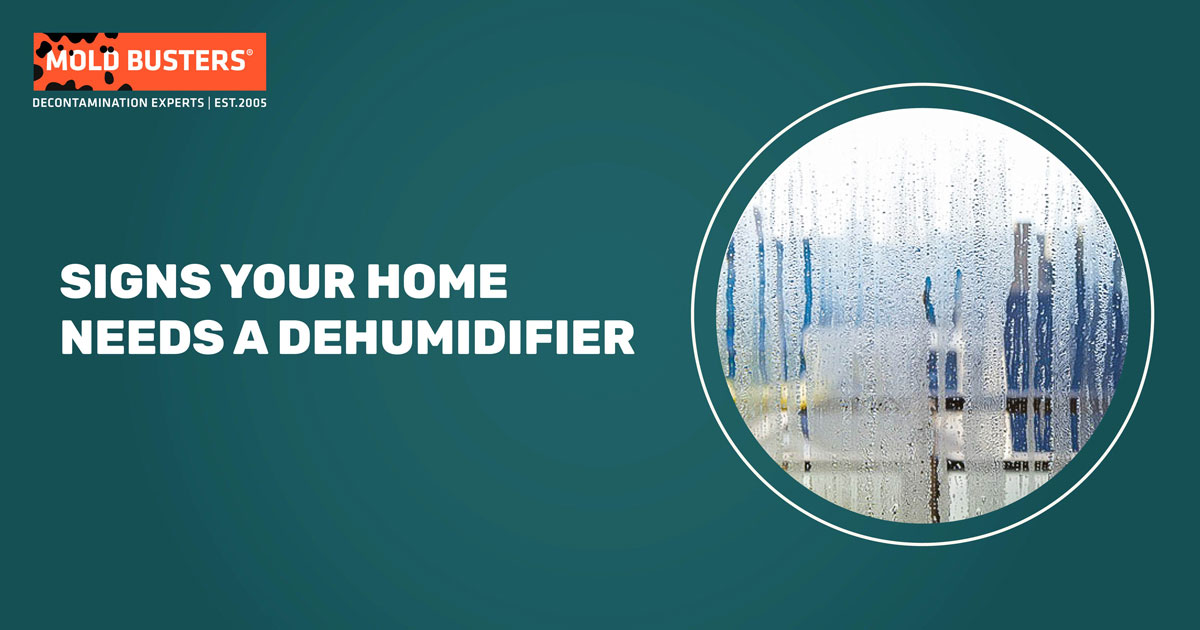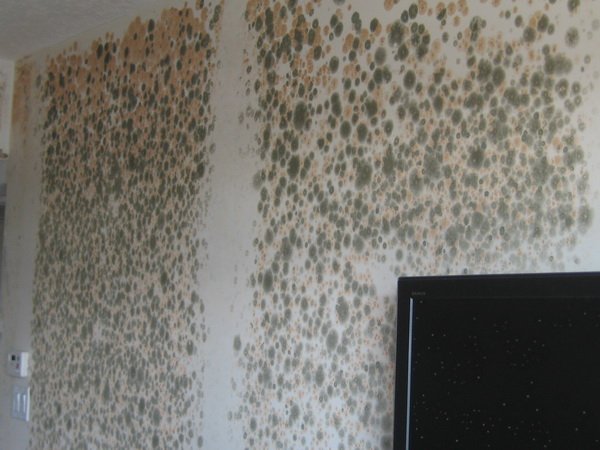Signs Your Home Needs a Dehumidifier
Comments 0 | 2016 Apr 08 | Author John Ward
Due to health reasons, proper humidity levels must be maintained in your home to prevent mold growth. Too much moisture can cause mold and mildew in your home, which can be cause for some serious health issues. Excess moisture can also cause other serious damage to your home, including warped floors and decaying walls. Problems with excess moisture can be remedied with the use of a dehumidifier.
Home and basement dehumidifiers are available in two key types: residential and commercial dehumidifiers.
A residential dehumidifier is smaller and tends to be quieter and less noticeable. However, sometimes more powerful solutions are needed, and so, some people prefer light commercial dehumidifiers for basements or crawl spaces. A commercial dehumidifier might also be needed if your home has been damaged by flooding and needs water damage restoration.

Do you need a dehumidifier?
Some signs your home needs a dehumidifier include:
- Condensation on patio or window glass:

If your have water, vapour, fog or beading water (condensation) on interior glass surfaces, there is too much moisture in that room. Sometimes this can be cause by a leaky hot water pipe. If this is the case, you will need to contact a plumber to ensure that you don’t have a serious leak under the house. - Mold spots on ceilings and walls:

Due to steam rising, problems with bathroom moisture tend to be found in corners of walls or on ceilings. Mold growth can happen on your ceiling, walls, around/under the toilet, behind the shower or around the bathtub. Be sure that your bathroom is properly vented and that air ducts are cleaned. Besides bathrooms, other common places for trapped moisture are garages, closets and basements. You may see mold spots beneath windows as well. - Musty odors or smells: Definite signals of mold and mildew presence are musty odors, particularly in crawl spaces, garages, basements and entrances. Basements tend to be the number one location for mold growth.
- Water run-off leading to dampness: Rain and snow can be associated with water run-off, which causes excess moisture and humidity in your home. The spring season tends to be the time of year when mold is most prevalent in homes.
- Water or mold stains: Water or mold stains on the ceiling, walls or floors can be a sign of excess moisture in the home. You will need to take action as soon as possible with discoloration that is visible as this likely means that the mold problem has been around for a while. This is a serious health issue.
Contact a plumber or your home insurance company–they can recommend whether or not your home needs work. Using a dehumidifier along with an air scrubber in your home can be beneficial to you and your family’s health. While the dehumidifier removes excess moisture, the air scrubber will remove particle chemicals or gases from the air that can be caused by mold growth. With their combined use, the air you breathe will be much cleaner. If you’re in the Montreal area, our specialized team can also provide recommendations on whether your home needs work.
How often to dehumidify your home
If you have any types of respiratory problems, such as allergies, asthma, having a dehumidifier can be an excellent option for controlling moist environments. When using a dehumidifier for your home along with an air scrubber, indoor air pollutants are able to be kept at a manageable level. Homeowners are able to save money in long-run due to the small amount of power dehumidifier’s use, and air conditioners and furnaces operate more efficiently when less moisture is in the air.
How often to dehumidify your basement
In places like Ottawa, one room that frequently has excess moisture is a basement. These tend to be cold rooms that water likes to condense in. By placing a dehumidifier in your basement, you can help keep it dry. When items stored in your basement get wet, they can become a breeding ground for mold and mildew, making air throughout your house unhealthy. Keeping this area clean and dry is extremely important.
For a more efficient and quicker way to dehumidify you home or basement, homeowners can buy a commercial dehumidifiers for their basements or crawl spaces. Homeowners will notice smaller energy usage with a light industrial/commercial dehumidifier rather than a unit too small for the basement. There are no strict rules on how often a basement should be dehumidified, however, all vents and pipe opening should be sealed and caulked to keep out unnecessary moisture. Be sure air vents, ducts and coils remain free of any dust or debris by using vacuum cleaner brush attachments. If you believe your air ducts are dirty, consider booking a virtual inspection or hiring an HVAC cleaning company.
When to dehumidify your home
The simple answer is whenever you feel needed. During winter months, there are factors to look out for whether to keep your dehumidifier running or not. In cold climates coils may freeze over. In basements where temperatures are above 60 degrees, there should be no problems. If the humidity level remains over 50% often, it benefits running your dehumidifier. If humidity and temperature drops below levels that are ideal, turn it off.